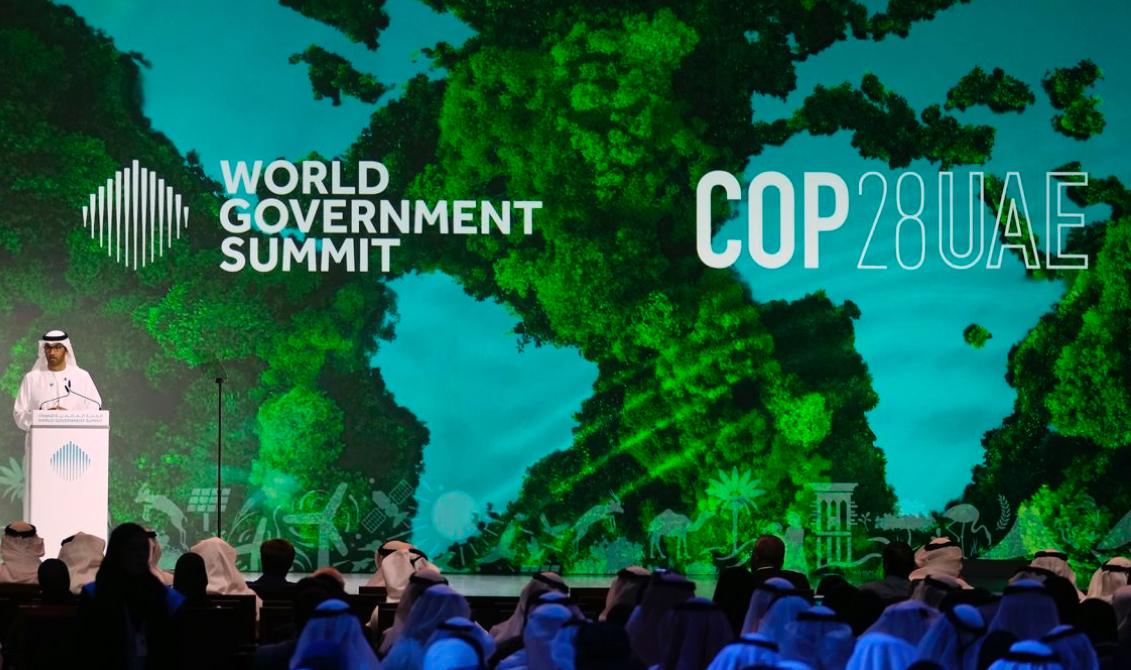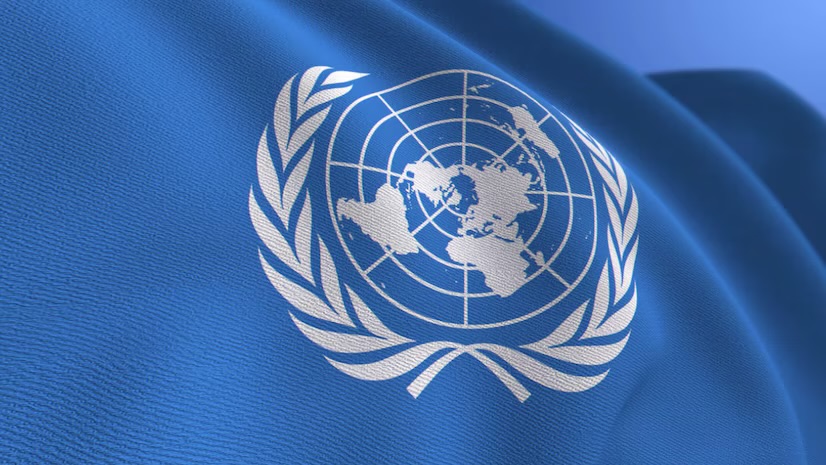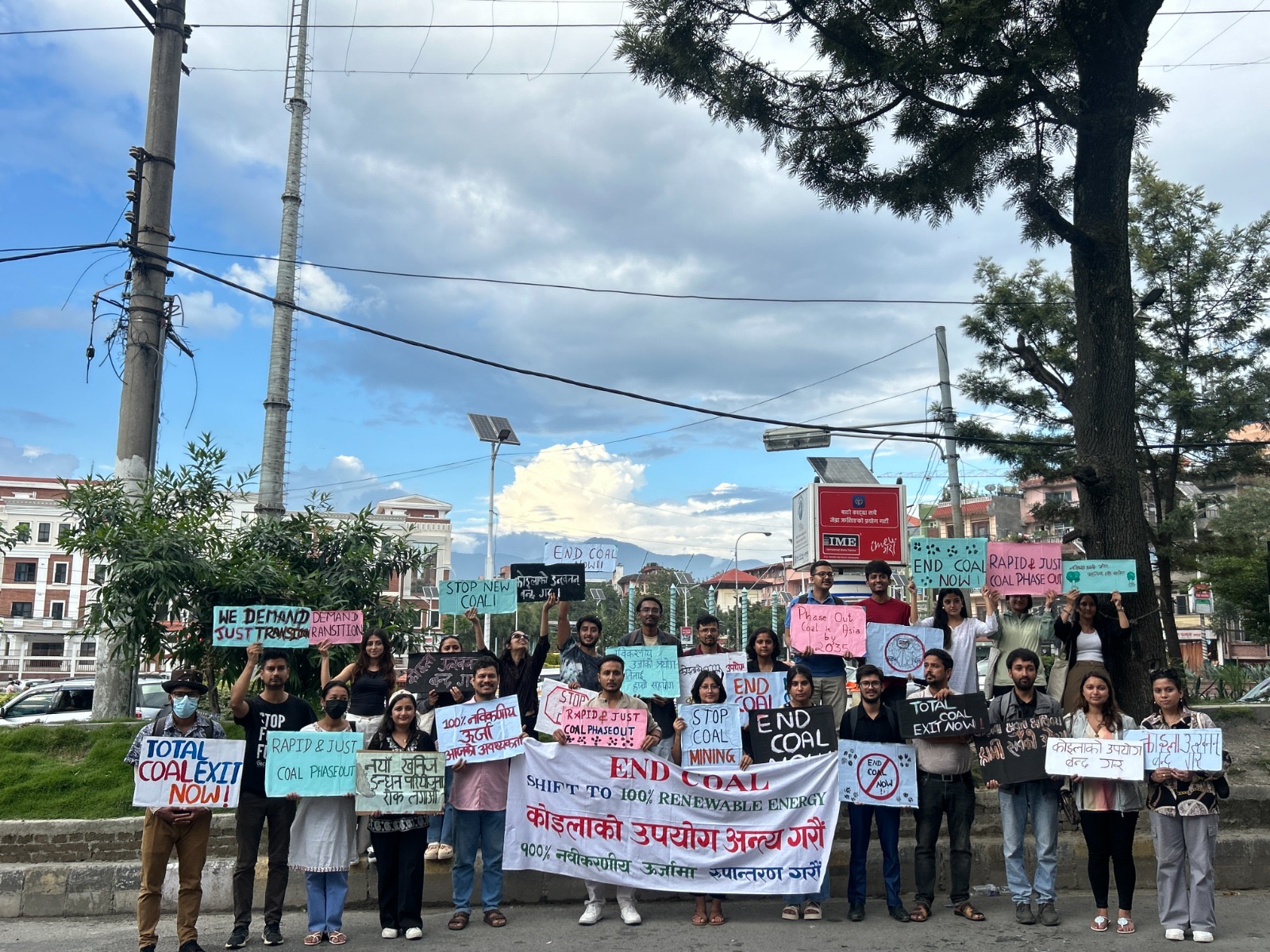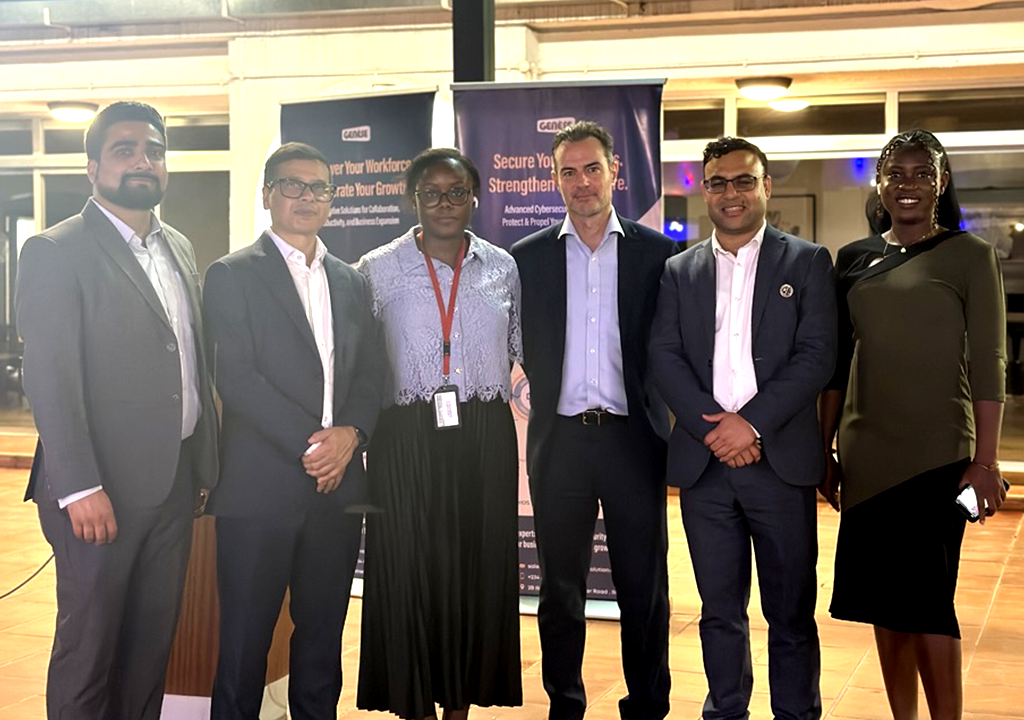COP28 Gains Momentum as 110+ Countries Rally Behind Ambitious Renewable Energy Pledge

At the ongoing COP28 climate summit, over 110 countries, including major players like the European Union, the United States, and the United Arab Emirates, are poised to endorse a groundbreaking pledge to triple the world’s installed renewable energy by 2030. The ambitious commitment is aimed at significantly reducing planet-warming emissions in the next decade, crucial for mitigating the impacts of climate change.
European Commission President Ursula von der Leyen announced the widespread support, urging all participants to incorporate these targets into the final COP decision. While key nations like China and India have signaled support for increasing renewable energy, the final consensus among nearly 200 participating countries remains uncertain.
However, countries such as South Africa, Vietnam, Australia, Japan, Canada, Chile, and Barbados have already committed to the renewables pledge. The initiative aligns with the broader goal of reducing reliance on fossil fuels and transitioning to cleaner energy sources.
The draft of the renewable energy pledge emphasizes the “phase down of unabated coal power” and ceasing the financing of new coal-fired power plants. This aligns with discussions at COP28 about the potential phased reduction of global fossil fuel consumption, a critical decision as burning coal, oil, and gas remains the primary contributor to climate change.
In addition to the renewables pledge, COP28 will address various energy-related announcements, including measures to combat methane emissions, agreements to reduce coal use, and the promotion of nuclear energy. The overall objective is to secure international cooperation and funding to achieve the ambitious target of 11,000 gigawatts of renewable energy by 2030.
However, the success of this initiative hinges on overcoming challenges such as rising costs, labor constraints, and supply chain issues that have recently impacted renewable energy projects. The call for wealthy nations and financial institutions to invest significantly in developing nations, particularly in Africa, underscores the need to bridge the gap in renewable energy investments on the continent.
As the world grapples with the urgency of climate action, the outcome of COP28 holds significant implications for the future trajectory of global efforts to combat climate change.



















Facebook Comments